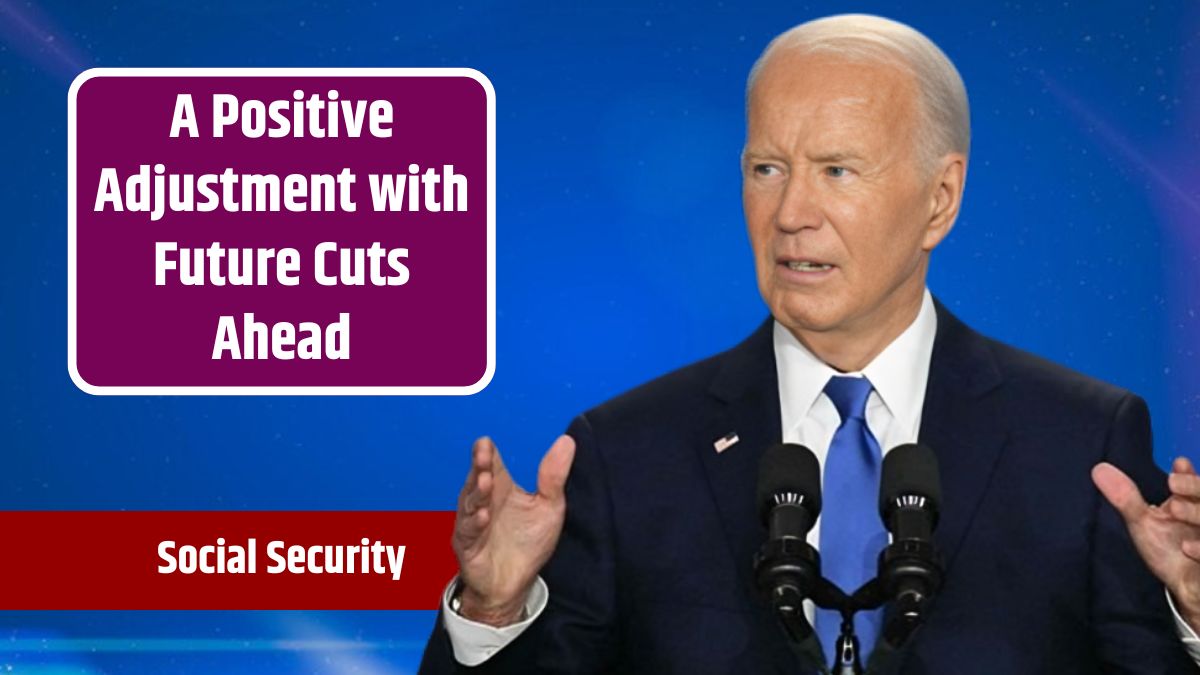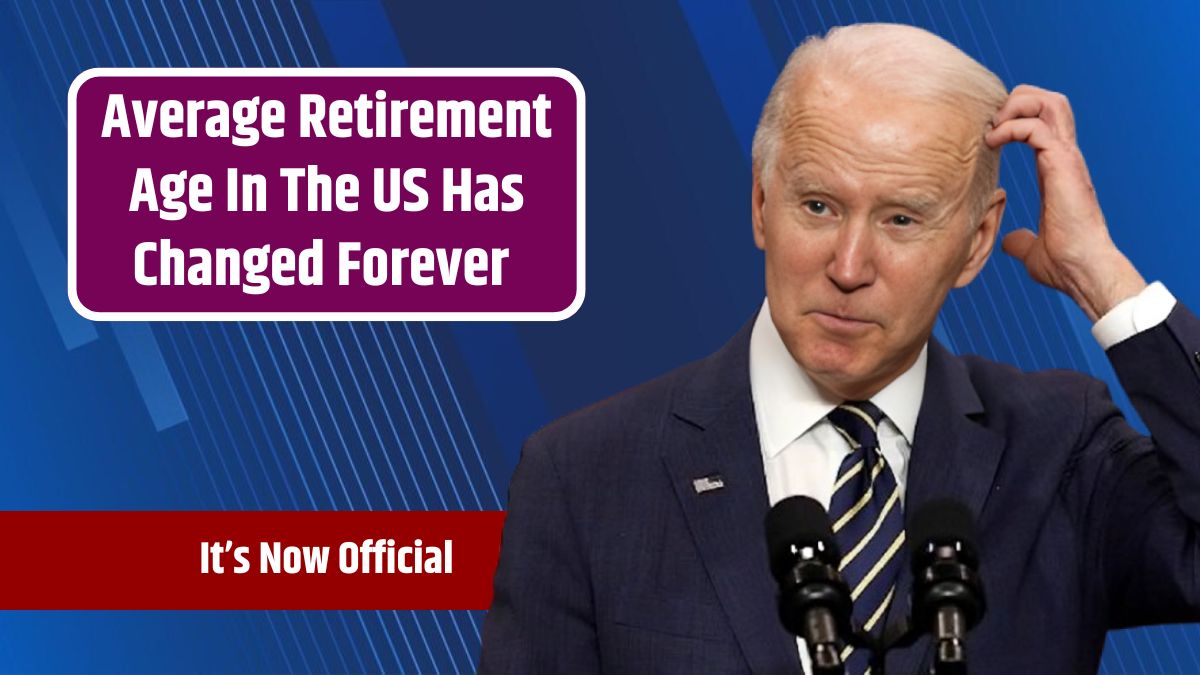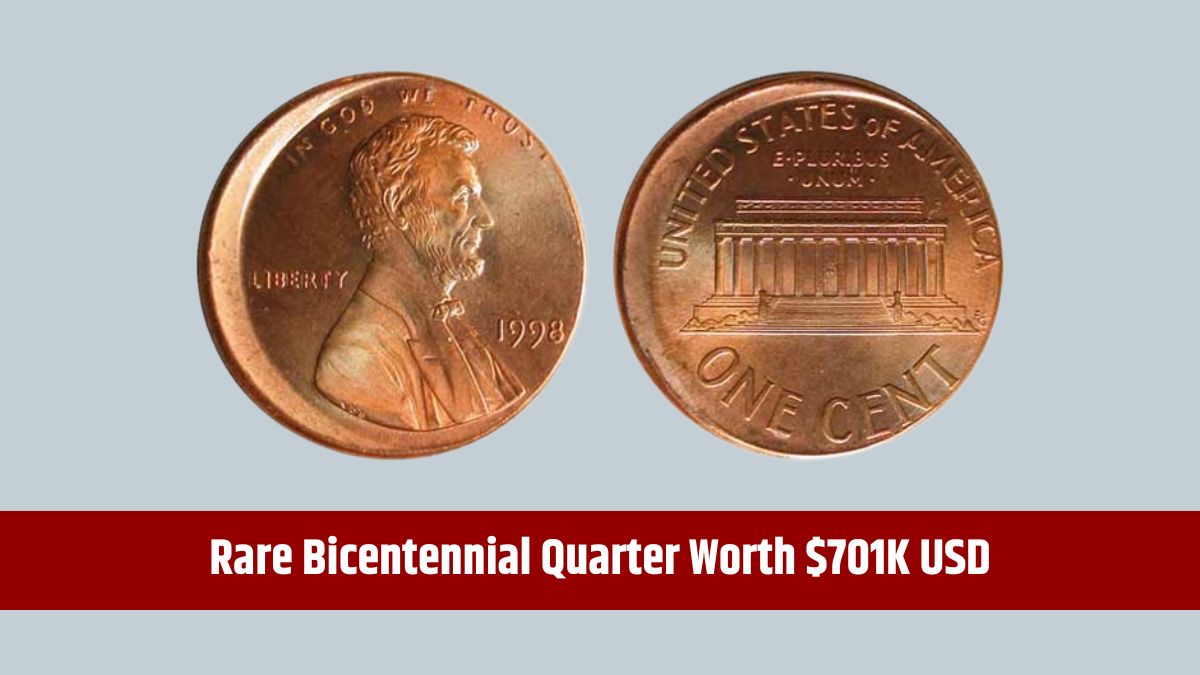Millions of retired workers could soon see a boost in their Social Security benefits, thanks to a new bipartisan effort. The Social Security Fairness Act, which recently advanced in Congress, promises to close long-standing loopholes that have prevented many retirees, especially those receiving government pensions, from accessing their full Social Security payments. The bipartisan backing of this legislation brings renewed hope to about three million beneficiaries who could benefit from this much-needed reform.
Bipartisan Momentum
The Social Security Fairness Act gained traction through a discharge petition, a rare legislative move that allows a bill to bypass the committee stage and be directly considered on the House floor. Led by Democratic Representative Abigail Spanberger and Republican Representative Garrett Graves, the petition successfully gathered 218 signatures—171 from Democrats and 47 from Republicans.
The discharge petition sets the stage for Speaker Mike Johnson to schedule a floor vote within seven legislative days. In a joint statement, Spanberger and Graves emphasized the importance of this milestone, citing the tireless efforts of advocates pushing for Social Security reform. The Social Security Fairness Act is the first piece of legislation to advance using a discharge petition since 2015, highlighting the bipartisan support behind it.
Changes
At the heart of the Social Security Fairness Act are provisions to eliminate the Government Pension Offset (GPO) and the Windfall Elimination Provision (WEP). These regulations currently reduce Social Security benefits for retirees who receive pensions from public-sector jobs where they did not contribute to Social Security through payroll taxes.
- Windfall Elimination Provision (WEP): This rule reduces Social Security benefits for individuals who receive a pension from a public-sector job in which they didn’t pay Social Security taxes. This applies to an estimated two million beneficiaries, significantly lowering their retirement income, despite their other contributions to Social Security.
- Government Pension Offset (GPO): The GPO affects about 800,000 retirees and reduces spousal Social Security benefits for individuals who also receive a pension from federal, state, or local government jobs not covered by Social Security.
By eliminating the WEP and GPO, the Social Security Fairness Act would restore full benefits to millions of retirees who have long been affected by these regulations.
Potential Costs
If enacted by early fiscal year 2025, the legislation is estimated to cost the Social Security Administration nearly $196 billion over a ten-year period, according to the Congressional Budget Office (CBO). This price tag reflects the high stakes of the bill, which would grant many public servants long-overdue access to the Social Security benefits they’ve earned through years of work.
Spanberger and Graves have pointed out that many retirees have been waiting for more than 40 years for Congress to address these inequities. These retirees, from states like Virginia and Louisiana, deserve the financial security that Social Security is supposed to provide. The elimination of the GPO and WEP would be a step toward that goal.
Windfall Elimination Provision
The Windfall Elimination Provision (WEP) impacts how Social Security calculates retirement or disability payments for individuals who didn’t pay Social Security taxes during their employment. This commonly affects government employees, foreign workers, or those in similar positions. If you qualify for both a pension from non-Social Security-covered employment and Social Security benefits, the WEP can reduce your Social Security income.
Here’s how the WEP works:
- It affects those who turned 62 or became disabled after 1985.
- It applies if you receive a pension from an employer who did not deduct Social Security taxes from your pay.
- The WEP does not apply to those covered by the Federal Employees Retirement System (FERS), as these employees contribute to Social Security through payroll taxes.
The WEP particularly impacts retirees who worked under the Civil Service Retirement System (CSRS), which does not require Social Security contributions. However, those working under FERS, where Social Security taxes are deducted, are unaffected by this provision.
Financial Impact
Retirees impacted by the WEP and GPO often face reduced Social Security payments, which significantly affects their financial well-being. The Social Security Fairness Act aims to correct this disparity by ensuring that these workers receive their full benefits. The reform would provide much-needed financial relief to those who have served in public positions but have been unfairly penalized under current Social Security rules.
For retirees, this legislation represents more than just an increase in benefits; it is a matter of fairness. As Spanberger and Graves noted, many public servants have waited decades for their elected officials to fix this issue.
Retirees affected by the WEP and GPO should stay informed about the progress of the Social Security Fairness Act, as its passage could provide significant financial benefits in the near future.
FAQs
How does the Social Security Fairness Act affect retirees?
It eliminates the WEP and GPO, increasing Social Security payments.
Who submitted the discharge petition for this bill?
Democrat Abigail Spanberger and Republican Garrett Graves led the petition.
What is the Windfall Elimination Provision (WEP)?
The WEP reduces Social Security benefits for some public-sector retirees.
How many retirees are affected by the WEP?
Around two million Social Security beneficiaries are impacted by the WEP.
Will the bill be expensive to implement?
Yes, it’s estimated to cost around $196 billion over ten years.






